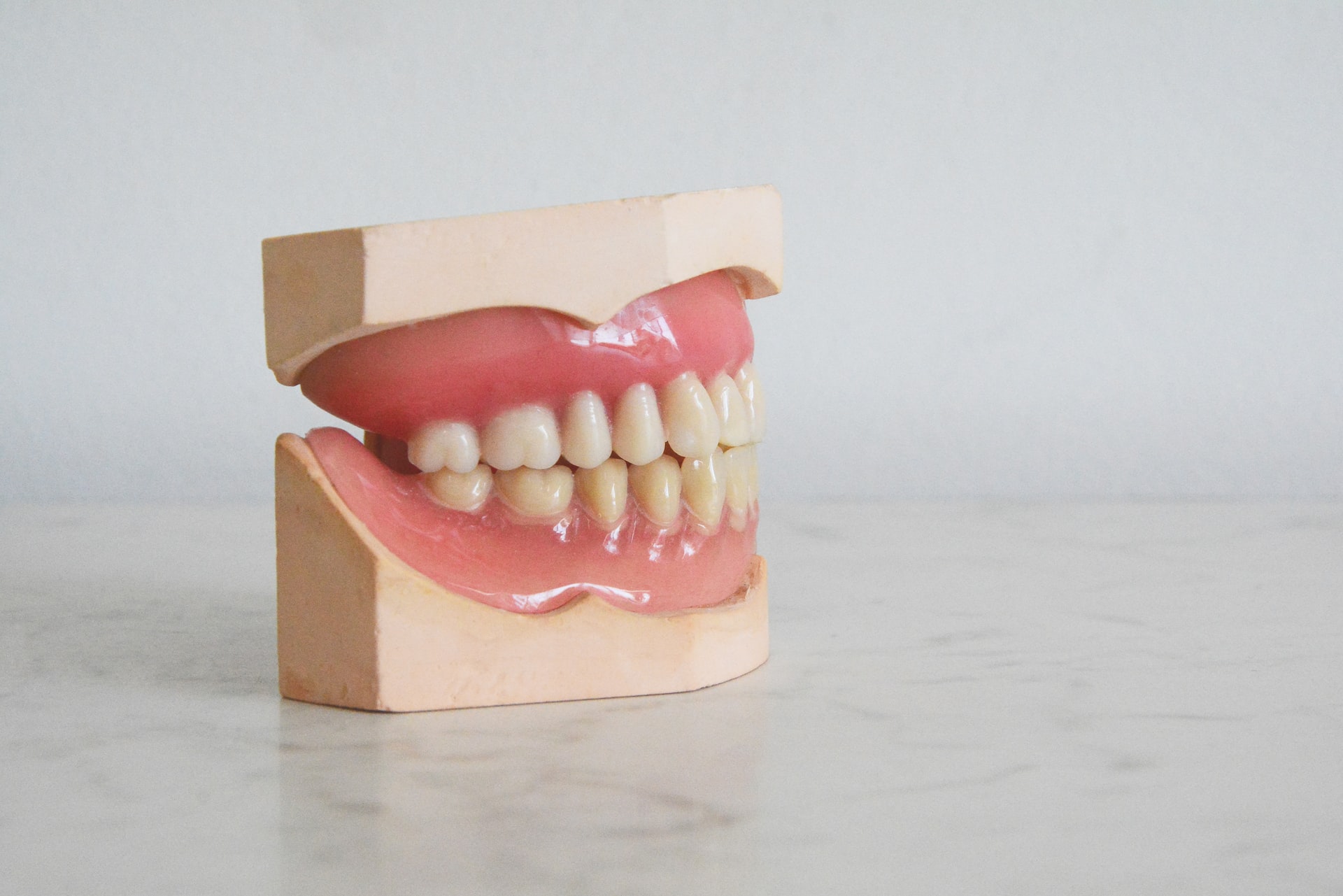
Body + Mind is reader-supported. We may earn an affiliate commission when you buy through some of the links on our site.
Your smile connects you with other people, telling them, “It’s okay to approach — I’m friendly.” If you hide your emotions because you’re embarrassed about your teeth, who knows what opportunities you will miss meeting fabulous individuals who can influence your life? You need dental hygiene tips that give you a winning smile.
Avoiding loneliness isn’t the only reason to keep your pearlies polished. Researchers have found links between oral hygiene and several severe diseases that can shorten your life and reduce its overall quality.
What should you do to have a brighter smile and better overall health? Here are eight dental health tips for a sparkling smile.
Hopefully, your childhood caregivers instilled the importance of brushing once in the morning and again at night. However, if they skipped the instruction, it’s up to you to get into the habit. Getting into a regular hygiene routine is the number one dental health tip — once it becomes an ingrained part of your lifestyle, you’re less likely to skip.
Should you brush after meals? It might be better to wait, especially if you ate something acidic. Doing so could damage your enamel — give it at least 30 minutes to remineralize before scrubbing.
If you have to skimp on oral hygiene because of an insane schedule, carve these words in stone: brush before bed. Why?
Your saliva helps wash away acid and bacteria from your teeth before they can cause damage. However, your production slows down drastically during sleep, drool spots on your pillow or not, meaning anything left behind has free reign to damage your smile while you slumber.
Even though you should floss once a day, less than half of Americans do. What’s behind the low numbers? Many people find the process painful, and those with mobility challenges like arthritis find the thread hard to manipulate.
How can you make this dental health tip less of a hassle to follow? Find a floss you love. Pick-style flossers can be easier for those with mobility challenges. Want something even more comfortable? Try a water flosser.
What’s for dessert? One of your best choices might be an apple. Why? The crunchy texture and high fiber content act like a miniature scrubber to polish your pearlies while you eat.
Try to include a bit of crunch with every meal. Munching on celery, carrots and cauliflower is another way to reward your teeth while enjoying a healthy snack.
Have you ever been so dry you couldn’t even spit? If so, you can probably guess why staying hydrated is one of your most critical dental health tips.
You need plenty of water to make saliva. The moister your mouth remains, the harder it is for bacteria to flourish on surfaces long enough to create cavities. Carry a reusable water bottle with you and use an app to set reminders if you tend to go long hours without sipping.
Advertisements aren’t always misleading. Although it’s good to remain skeptical while watching TV, chewing sugarless gum after meals increases salivary flow to rinse food particles and bacteria from your teeth. According to the American Dental Association, it may reduce cavity risk.
However, stick to a single stick, especially if you have a sensitive stomach. Some people experience gastrointestinal upset if they swallow too much xylitol, a popular sweetener in such products.
You can’t unscrew that cap, so what do you do? Instead of searching for a pair of pliers, you use your molars. Please — refrain from such behavior.
Using your teeth as tools can cause chips and breaks, resulting in costly dental work. They can also damage your tooth enamel, making you more prone to cavities. Your enamel protects the sensitive tissue beneath — even tiny cracks can result in searing pain.
Why do toothaches hurt so badly? A lot of nerves meet up in the area right below your ear where your neck meets your jaw. Pay attention if you have frequent headaches that only impact one side, especially if you haven’t had access to regular dental care. Infections can spread and lead to problems like migraines.
Of all the dental health tips, many Americans find this one the most difficult to follow. It isn’t fear that keeps many from attending their annual cleaning — it’s finances. The nation that boasts the most wealth also has more people than comparable countries unable to afford the dentist.
For whatever reasons, insurers consider teeth luxury bones, despite the expensive health conditions resulting from poor oral hygiene. It’s a shame, as paying for preventative cleaning is far more cost-effective than the price of managing Alzheimer’s or heart disease.
What if you don’t have the money? It’s a real problem facing many, but you could find relief through one of these alternatives:
Are you embarrassed by your smile? Without the right dental health tips, you could miss valuable opportunities to meet new people. Worse, you could be risking your health.
Your email address will only be used to send you our newsletter, and at any time you may unsubscribe. For more information, see our Privacy Policy.